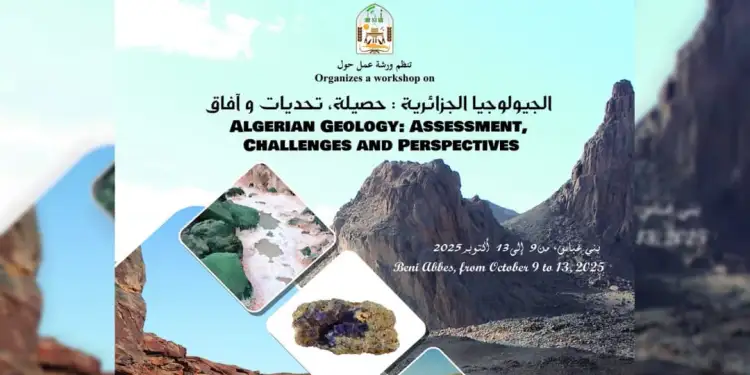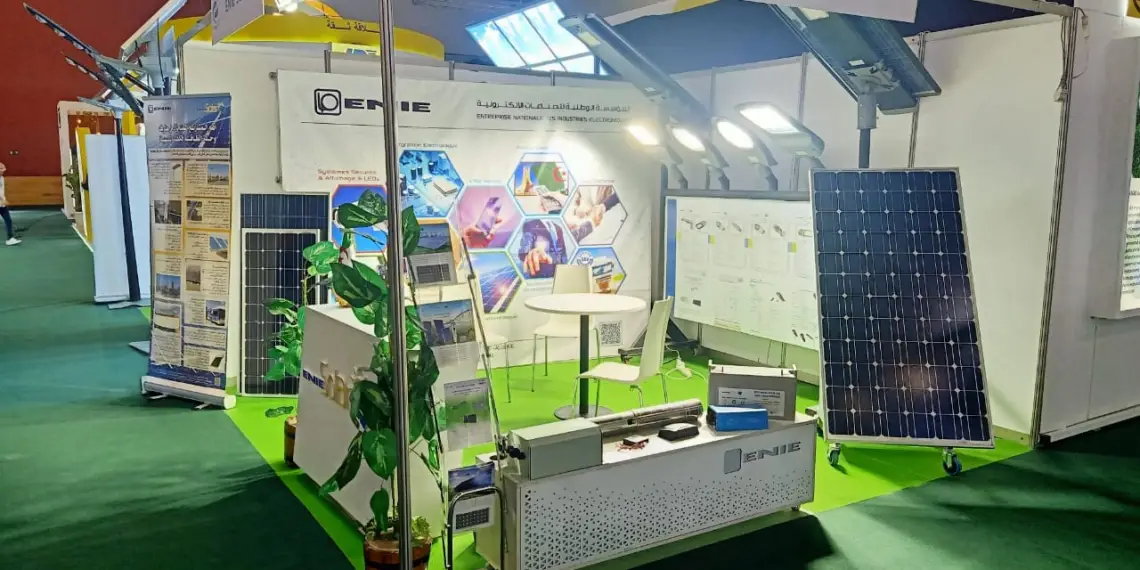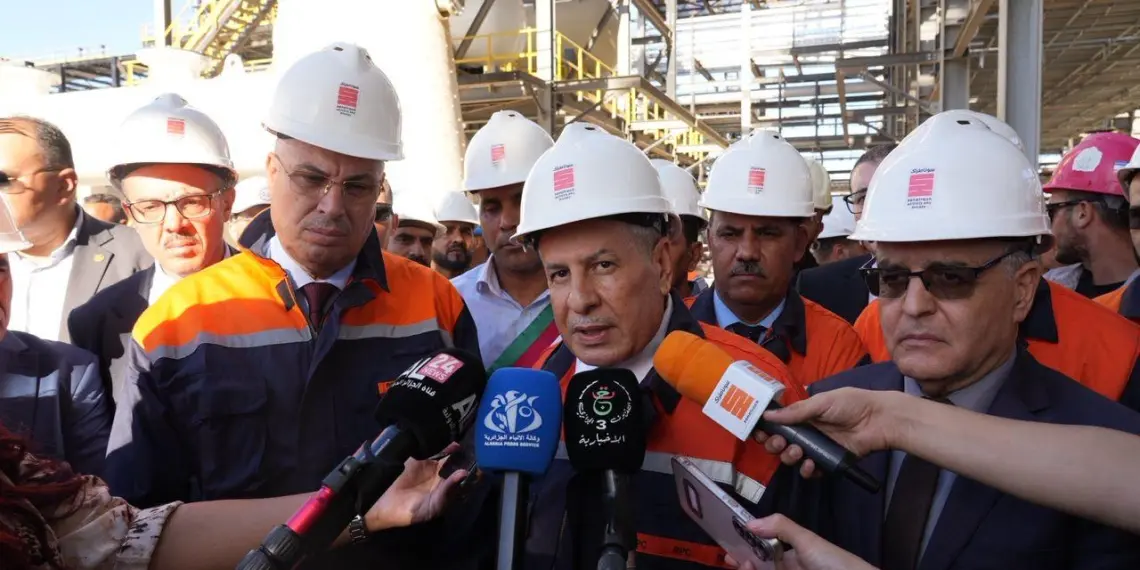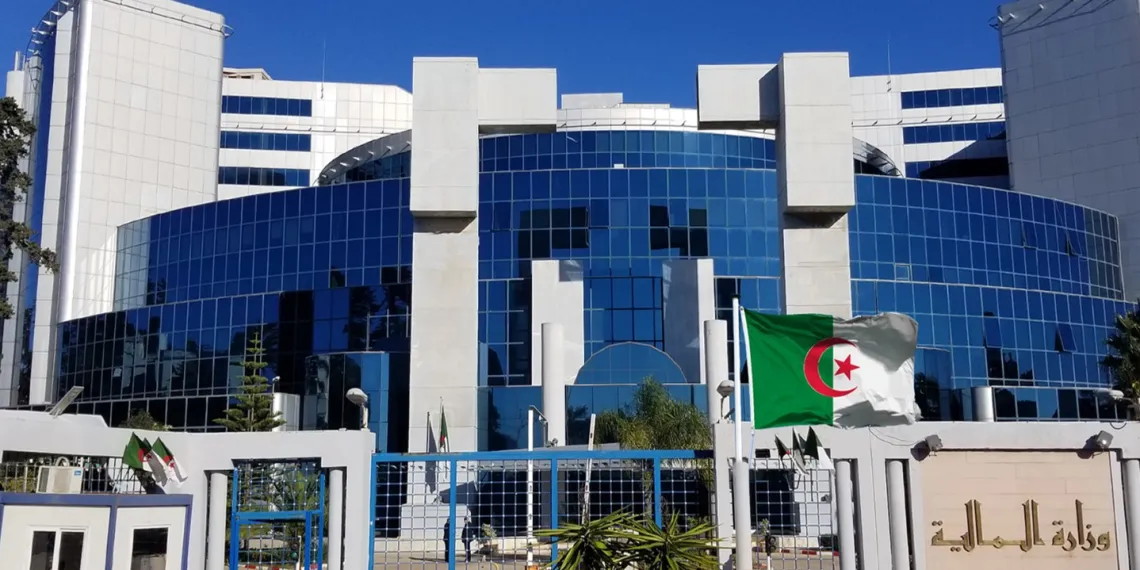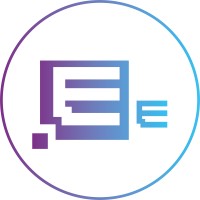| Discover Algeria | About us | Press area | Contact |
Pharmaceutical production: Algeria tackles the raw material challenge
Algeria continues its ambitious drive to strengthen its pharmaceutical autonomy and reduce its dependence on imports, with the launch of a new challenge.

The sector has taken another strategic step forward with yesterday's launch of a production unit for raw materials for anti-cancer drugs in Sétif. A first in Africa, it confirms the country's ambitions in the pharmaceutical industry.
In the presence of the Minister for the Pharmaceutical Industry, Mr Ouacim Kouidri, accompanied by the Managing Director of the Saïdal Group and local authorities, the foundation stone for this innovative unit was laid in the Sétif industrial zone. With an annual production capacity of 5,000 kg, the 6,813.6 m² plant represents a public investment of 2.5 billion dinars.
The plant marks a turning point in the country's industrial and health policy. It will produce "15 innovative active ingredients as soon as it comes on stream, scheduled for the first quarter of 2026", revealed the Minister at a press briefing organized on the sidelines of his visit. These raw materials will be used to manufacture anti-cancer drugs, a sector in which Algeria is gradually building up its expertise.
Reducing the import bill and export ambitions
The Minister pointed out that this initiative is part of an overall strategy to limit imports of active ingredients, while developing a competitive pharmaceutical industry. "Local production of raw materials will make it possible to reduce our dependence on imports significantly", he emphasized, pointing out that the paracetamol plant in Batna and the antibiotics plant in Médéa, currently in the acceptance phase, will come on stream in November 2025.
Today, almost 80% of the medicines marketed in Algeria are produced locally, contributing to a significant drop in imports. The pharmaceutical bill thus fell from $1.422 billion in 2022 to $1.293 billion in 2023, and should reach $1 billion in 2024.
But the ambition doesn't stop there. Algeria has real export potential, with 213 of Africa's 640 pharmaceutical plants - almost a third of the continent's total. Products from the new Setif plant, manufactured to international standards, could even be marketed in Europe and the United States.
Towards greater pharmaceutical sovereignty
This project is part of the state-owned Saïdal Group's plan to secure supplies of raw materials for locally manufactured medicines. It will be completed within 12 to 18 months, providing Algerian manufacturers with a reliable, local source of supply.
In addition, the national pharmaceutical sector is experiencing remarkable growth, with production set to rise from $3.14 billion in 2022 to over $4 billion by 2024. The development of 14 projects in the field of oncology, most of which have already been approved, bears witness to this dynamic.
With nearly 30% of Africa's pharmaceutical plants, Algeria is a major player in the sector. The government is now banking on innovation and exports to transform its pharmaceutical industry into the locomotive of the country's economy.
In this respect, Mr. Kouidri emphasized that his department "is working following the directives of the President of the Republic and the strategy he has put in place to achieve health security and encourage the manufacture of medical equipment, in particular innovative medicines".
This new unit in Sétif thus symbolizes a further step towards medical autonomy, while paving the way for a stronger Algerian presence on the international pharmaceutical market. It's a tall order, but one that matches the ambitions of a country determined to become an African leader in healthcare.











